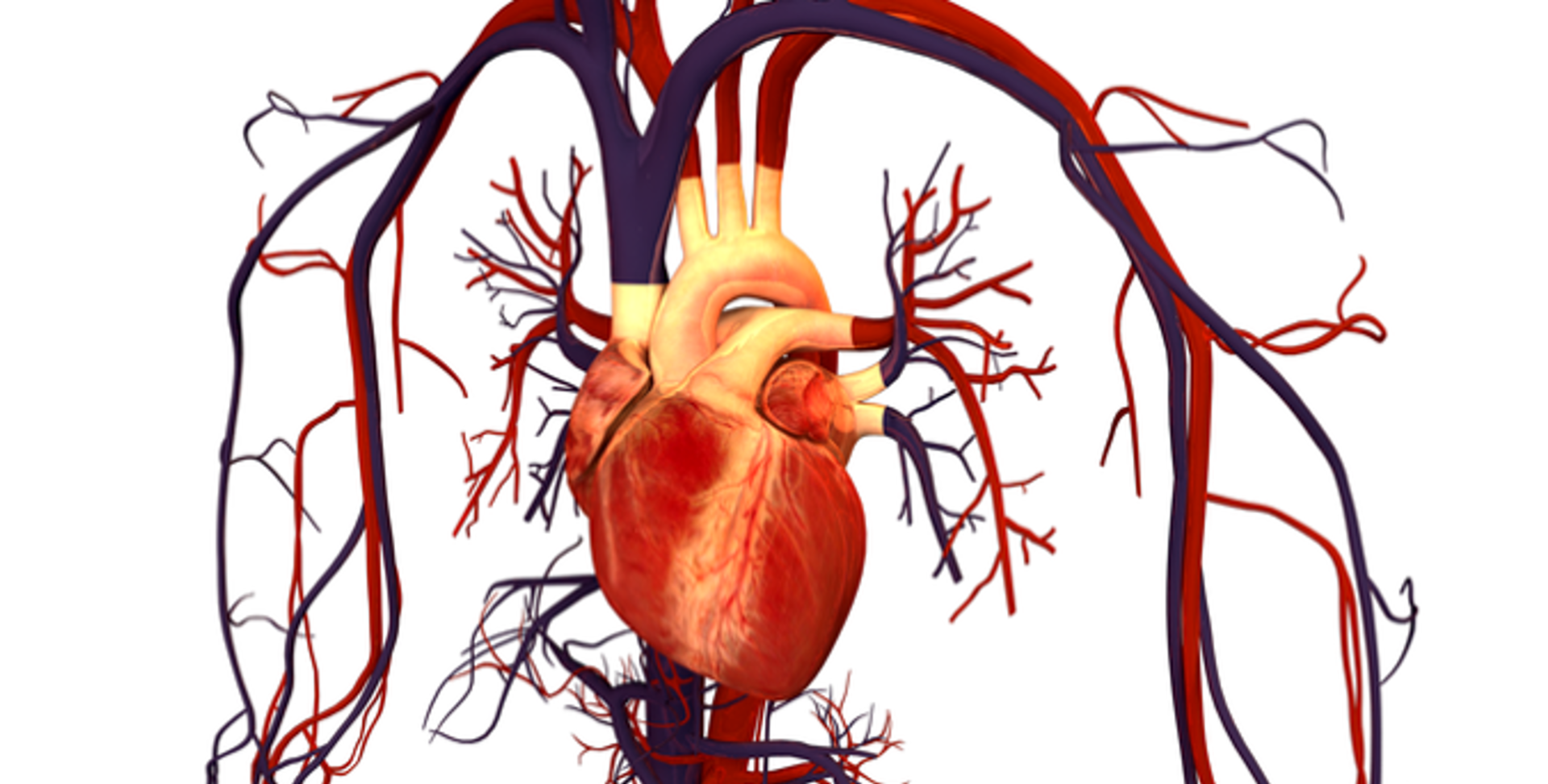Research
The EMBody Lab investigates bio-social influences in the development of emotion dysregulation and risk for mood disorders and related outcomes (e.g., suicide, dissociation). Within this area, the lab is especially invested in understanding the nature of emotion awareness and its costs and benefits for adaptation, and the joint contributions of nervous system activity and emotion language the construction of subjective experience. Our working model, focused on the embodied basis of emotion, seeks to investigate how pressures from the social environment become embedded in the body over time, including by altering the function of the body's heart-brain communication circuit that underlies emotional experience. One current goal is to better understand how social experiences, such as chronic and acute stressors and emotion socialization, alter the ability to "read" emotions in the body, which may help explain atypical emotional development and related outcomes.
Our multi-method approach creates many opportunities to collaborate and supports a variety of training goals. We apply concepts from developmental psychopathology, cardiovascular behavioral medicine, affective science, and linguistics. In addition to behavioral research methods (e.g., computerized text analysis, ecological momentary assessment, clinical interview), and more common peripheral physiological methods (e.g., electrocardiography [ECG], impedance cardiography [ICG]), we use specialized methods for assessing the communication from heart to brain (e.g., heartbeat-evoked brain potentials, baroreflex sensitivity). Our studies combine developmental high-risk designs with experimental approaches to probe emotional phenomena and their mechanistic role in clinical outcomes.
Current Projects

Interoception, stress, and adolescent suicide risk
Suicide is a leading cause of death among adolescents, and it is associated with both stressful life events and difficulties in emotional awareness. Difficulties in emotional awareness in turn appear to have a biological basis in impaired interoception, which may be reduced in the context of stress. We are examining impairments in adolescents' cardiac interoception (perception of cardiac activity) as a correlate of stressful life experiences, and as a predictor of adolescents' suicidal thoughts and behaviors.
This study is funded by a Young Investigator Innovation Grant to Dr. Vine by the American Foundation for Suicide Prevention. The project has moved with Dr. Vine from the University of Pittsburgh to Queen's University, and multi-method data collection (behavioral, cardiovascular, neurophysiological) will be ongoing at Queen's for 2-3 years. Students in the EMBody Lab will have an integral role in conducting the research, interpreting and disseminating findings, and shaping future research directions.

Interoception, adversity, and adolescents' emotions
Adolescence is a time of profound emotional changes, including rapid development of emotional patterns and abilities. We will investigate whether adolescents' emotional development may be informed by the perception of body states, which itself may be affected by children's environments.
This study is funded by an Insight Development Grant awarded to Dr. Vine from the Social Sciences and Humanities Research Council of Canada. Our multi-method data collection will be ongoing for 2-3 years. During this time, students will be involved in recruiting participants, assessing adverse childhood experiences, emotional patterns, abilities, and collecting and working with psychophysiological interoception data.

Emotion Recognition (AKA "HEARTFELT") Studies
How do people recognize emotions in themselves and others, and how can we as researchers measure these abilities in precise, but ecologically valid ways? What is the role of physiological arousal in emotion recognition in self and other? How are these processes affected by existing social constructions, such as emotion vocabulary knowledge or racialized otherness? These are some of the questions we are exploring in the HEARTFELT series of experiments.

The Inclusive Films Project
Emotional processes in suicide are essential to research with laboratory-based methods (among others). Film-based stimuli are effective for eliciting intense, true-to-life emotional experiences in laboratory settings. Unfortunately, we as a field lack inclusive, contemporary suicide films for research. Students in my lab created 45 novel short film clips about suicide, over half featuring minoritized main characters. We are currently running a few projects to better characterize these films, and then we will make the available openly for suicide researchers to use!
Archival Projects

Social factors in mental health adaptation to COVID-19
COVID-19 upended social life as we knew it, creating rippling effects on mental health. Mental health consequences may be especially pronounced for people who were already vulnerable based on emotional characteristics and social circumstances. Together with collaborator Dr. Brett Marroquín at Loyola Marymount University in Los Angeles, we have collected multiple waves of data on social, emotional, and mental health processes, following the same group of individuals dating back to before the pandemic.
Our first publication, based on early waves of data, showed that adults' degrees of social distancing behavior early in the pandemic was associated with prospective worsening of depression and anxiety symptoms. Students in the EMBody Lab may apply to conduct supervised research using this multi-wave dataset.

Psychophysiology of emotional development in youth
Emotional instability in the context of invalidating parenting behaviors is theorized to contribute to the development of emotion dysregulation, features of borderline personality disorder, and suicidal and other impulsive behaviors. Dr. Vine collaborates with Dr. Stephanie Stepp at the University of Pittsburgh to examine the physiological underpinnings of emotional instability and their predictive utility for understanding youths' emotional outcomes.
Students in the EMBody Lab may apply for supervised access to 3 completed waves of multi-method data on emotional development in a racially and economically diverse sample of 10-13-year-olds followed prospectively for 18 months. Data were collected through a grant awarded to Dr. Stepp by the National Institute of Mental Health.

Preschooler autonomic and emotional development in the context of maternal emotion socialization
Children of mothers with Borderline Personality Disorder (BPD) are at elevated risk for developing mental health difficulties themselves. One reason may be that mothers with BPD have difficulty responding effectively to their children's emotions. Dr. Vine has worked closely with Drs. Stephanie Stepp at the University of Pittsburgh and Maureen Zalewski at the University of Oregon to implement a multi-method study on maternal emotion socialization in the context of BPD and preschoolers' emotional development.
Students in the EMBody Lab may apply for supervised access to 4 completed waves of data on emotional development in a racially and economically diverse sample of 3 year-olds and their mothers with and without BPD, who were followed prospectively for 12 months. Data were collected through a grant awarded to Drs. Zalweski and Stepp by the National Institute of Mental Health.


